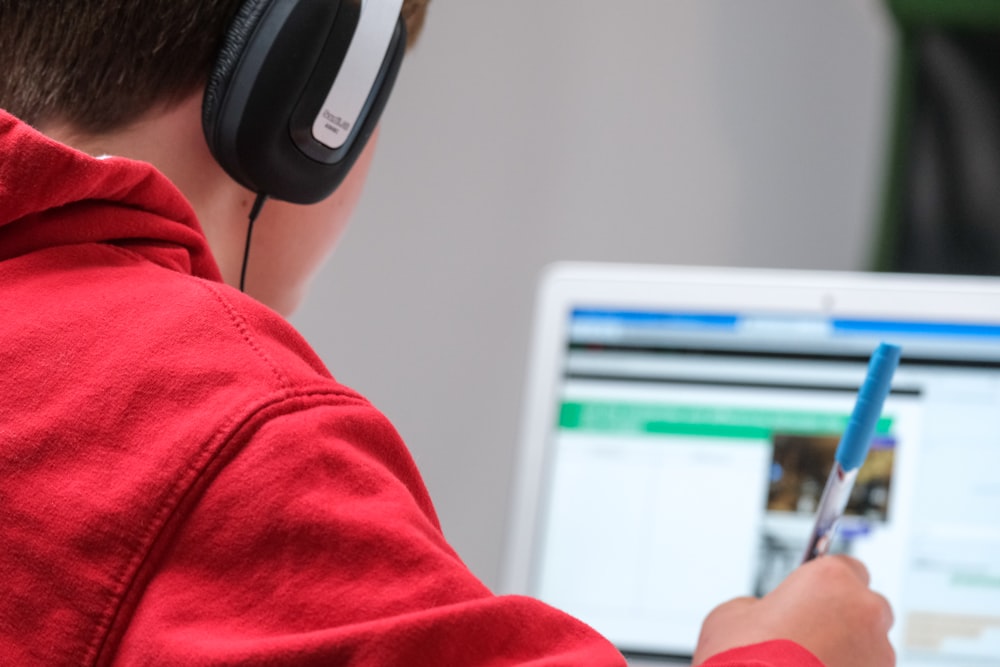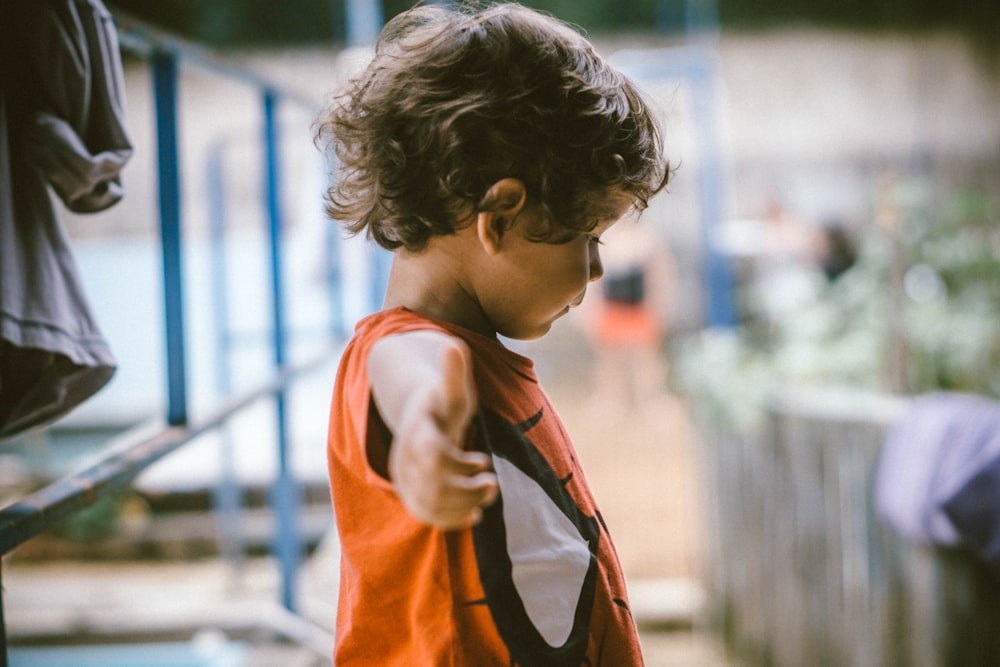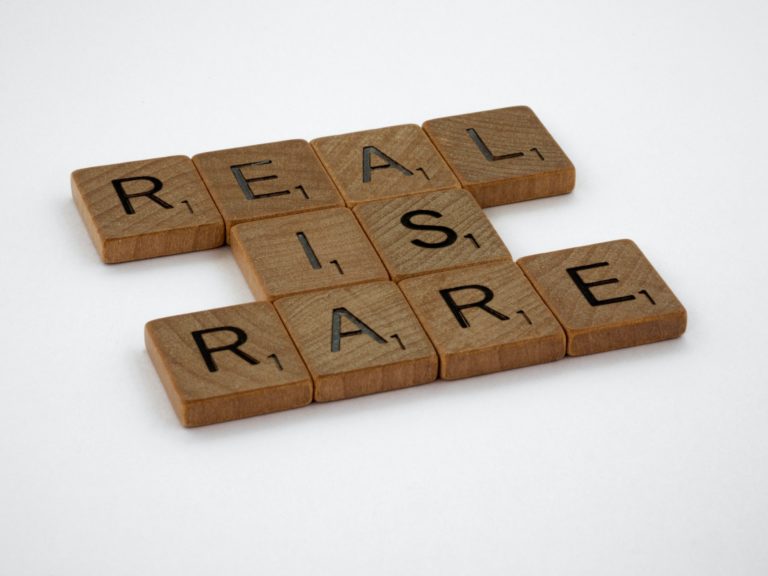When you consider someone who is burned out, you may picture an overworked corporate executive or an athlete training too hard for a high-level event. The fact is that anybody can become overwhelmed at any age. Burn out in children is a real thing and is important to be on the lookout for.
Sure, they do not usually have mortgages and jobs. However, kids also present must face internal and external pressures of their own. School, friendships, and other challenges of growing up are often tons to contend with.
As a parent, you can help. Try some of these suggestions for raising children who will thrive.

How to Restore Energy
Emotional fatigue could be a major sign of burn out in children and adults. Show your son or daughter a way to recharge when they are feeling drained.
Try these methods to reduce burn out in your child:
1. Cut back. Reducing their load is vital. Schedules for children now a days is overloaded and overwhelming with academic and extracurricular activities. Focus on the clubs and sports that your child enjoys most and permit lots of free time in between.
2. Prioritize sleep. Lack of sufficient sleep at a young age can affect physical health, mental acuity, behavior, and cognitive performance, per a study conducted by the Sleep Foundation. Focus on trying to obtain anywhere from 9 to 12 hours of rest per day, with those numbers decreasing as they grow older.

3. Eat healthy. Kids are often picky eaters, but you will be able to help them make nutritious choices. Complex carbohydrates, nuts, and foods rich in calcium is also especially beneficial for fighting stress.
4. Work out. Physical activity is another constructive help cope with pressure. Exercise together with family fitness classes at your local gym or neighborhood park.
5. Practice self-care. Introduce your child to mindfulness activities to be more present and in the moment.

How to Build and Maintain Connections and Reduce Burn Out In Children
Help to aid in reducing your child’s burnout by educating on how to create community and stay engaged with others. They will be more resilient once they understand how to motivate themselves and seek support from others.
Keep these ideas in mind:
1. Offer choices. Burnout often involves a feeling of losing control. Allow your child to advocate for themselves on how to proceed with their homework assignments and what they want for a snack.
2. Play around. Is your child wanting to please or concerned about how they compare to others? They may loosen up if you suggest games without significant rules or final scores.
3. Make art. Encourage your child’s creativity. Arts, crafts, and music are practical tools to help take their mind off their troubles and build their self-esteem.

4. Monitor media consumption. Your family might require a timeout from politics and pandemics if you are constantly having CNN playing within the background for much of the day. Pay attention to what your children are seeing and hearing in stores and other public places too. Not all electronic devices are bad, as it helps to build dexterity and complex processing skills, within reason.
5. Prepare for life events. Your child could also be more vulnerable than usual if your family moved recently or goes through a divorce. Maintaining consistency in their daily life can help them feel secure.
6. Provide a role model. You may not like to hear this one, but often children reflect their surroundings, which may lead us to have to self-evaluate how we manage stress and how we portray this. The way you handle stress will influence your children. Try to maintain a positive attitude and healthy mindset with your lifestyle even when you are challenged from remote working and hybrid learning.
7. Talk about emotions. Let your child know that it is okay to feel upset or sad. If you spend quality time together on a regular basis, you will make it easier to have sensitive conversations.

Burnout is real amongst all individuals, with children not being excluded from this. That may include insomnia, irritability, and withdrawing from activities they accustomed to enjoying. With your support and professional counseling there to support your healing journey, can help to guide them back to a happier and more balanced life.




